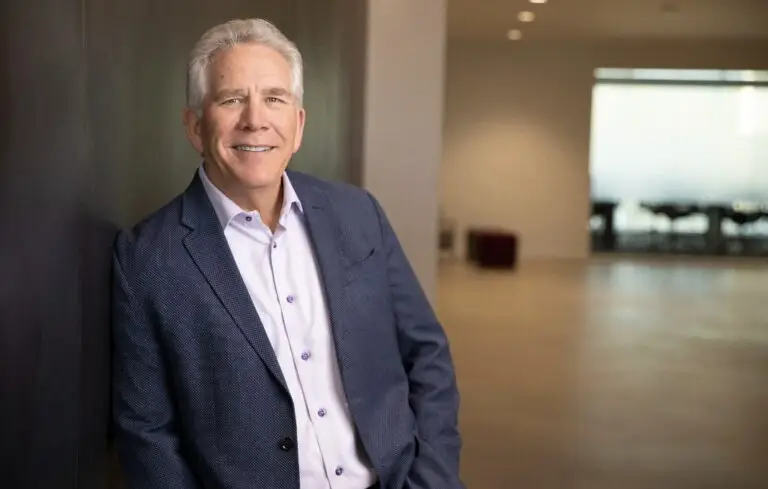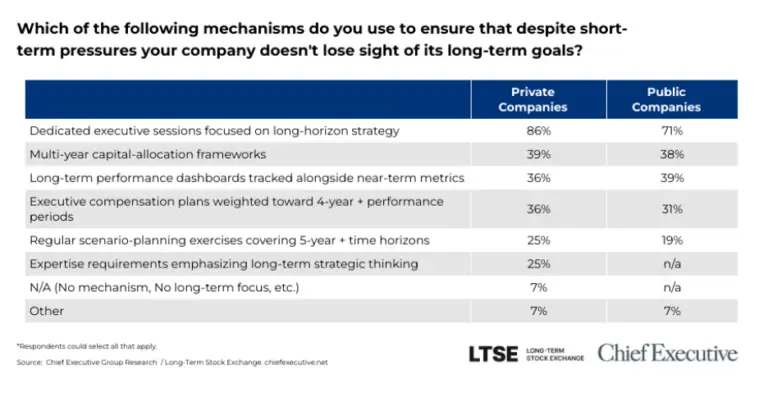“Growth is never by mere chance; it is the result of forces working together,” James Cash Penney, the American entrepreneur who founded JCPenney, once said. Evidence is mounting that the economy is moving toward a growth phase. The annual CEO survey presented by PwC at the Davos World Economic Forum stated that 39 percent of CEOs were “very confident about their companies’ growth prospects.” At the same time, in a recent poll by a financial service trade association, 59 percent of venture capitalists predicted an increase in U.S. venture capital investment dollars for 2014. Although still wary of the global economy and the effect government policies will have on profit margins, CEOs are clearly feeling confident enough to begin shifting their focuses from pure survival mode to looking for growth opportunities.
Not surprisingly, the Davos study also revealed that talent management is high on the list of CEO concerns. Business leaders realize the extremely lean organizations of today are not conducive to accelerated growth. Half the CEOs surveyed want to hire more people in the current year, but two-thirds of them are worried about finding the right people. At best, CEOs have a limited line of sight into the future. To align their leadership talent with the unknown organizational needs of a growing enterprise, they should address three vital elements of success.
ENCOURAGE AGILITY
Changeable times call for leaders who are also able to change. Assessment for intellectual agility should be a part of every com- pany’s executive-development program. Rather than just look- ing for high IQs or demonstrations of pure mental horsepower, CEOs should select individuals who can bring an open-minded approach to problem solving and grasp the complexities of unfa- miliar, ambiguous situations with a speed that truly sets them apart from their peers. On the top end of the spectrum are the executives who consistently demonstrate a high level of openness to data, feedback, ideas and learning.
Developing a culture of agility is vital to an organization’s success. A 2009 study by MIT showed that agile organizations grow revenue 37 percent faster and are 30 percent more profitable.
IDENTIFY CHANGE AGENTS
Jack Welch once said, “Change in the marketplace isn’t some- thing to fear; it’s an opportunity to shuffle the deck.” In the beginning of any transformation phase, the entire organization must come to grips with adjusting to disruptions in the status quo. CEOs should make sure they select or promote agents of change to address growth issues, such as driving innovation and new-product development.
The ability to initiate change, coupled with agility, allows orga- nizations to correct their courses swiftly and keep on track, as growth complicates the communication flow. In the Davos study, 86 percent of CEOs surveyed recognized the need for change in areas including R&D and innovation capacity.
REMAIN RIVETED ON RETENTION
A good selection process means little if the organization falls short on talent development and retention. According to PwC, a full 93 percent of CEOs polled recognize the need to change their strategies to attract and retain talent. Development programs accelerate the readiness of high-potential executives and prepare them to move more quickly through the pipeline.
Besides the obvious need to develop internal candidates for the organization’s future needs, investment in the career growth of high-potential executives sends a signal that they are valued by the business and allows them to envision a future there. This is a particularly important method of protecting the organization’s talent assets, since executives advancing through the ranks are particularly attractive to outsiders.
THE FIRST STEPS
Successfully managing the talent needs of an organization during a growth phase involves a variety of very complex issues. CEOs who rigorously seek out, develop and reward nimble thinkers and change agents while focusing on a retention process that encourages loyalty have taken the first important step towards leading their organizations into a period of growth that is both meaningful and sustainable.






